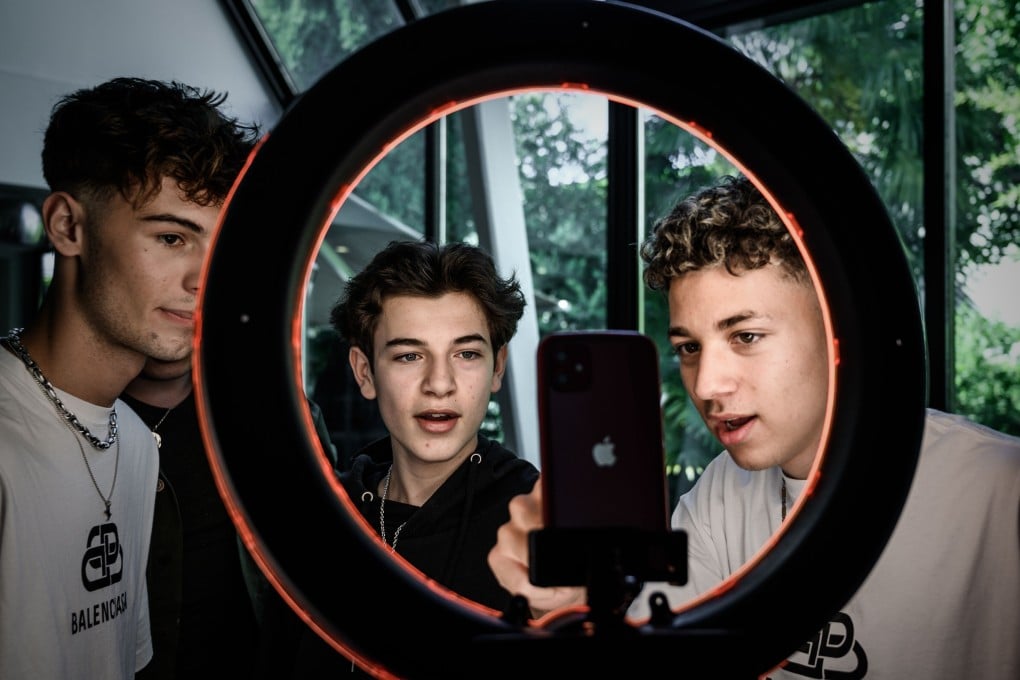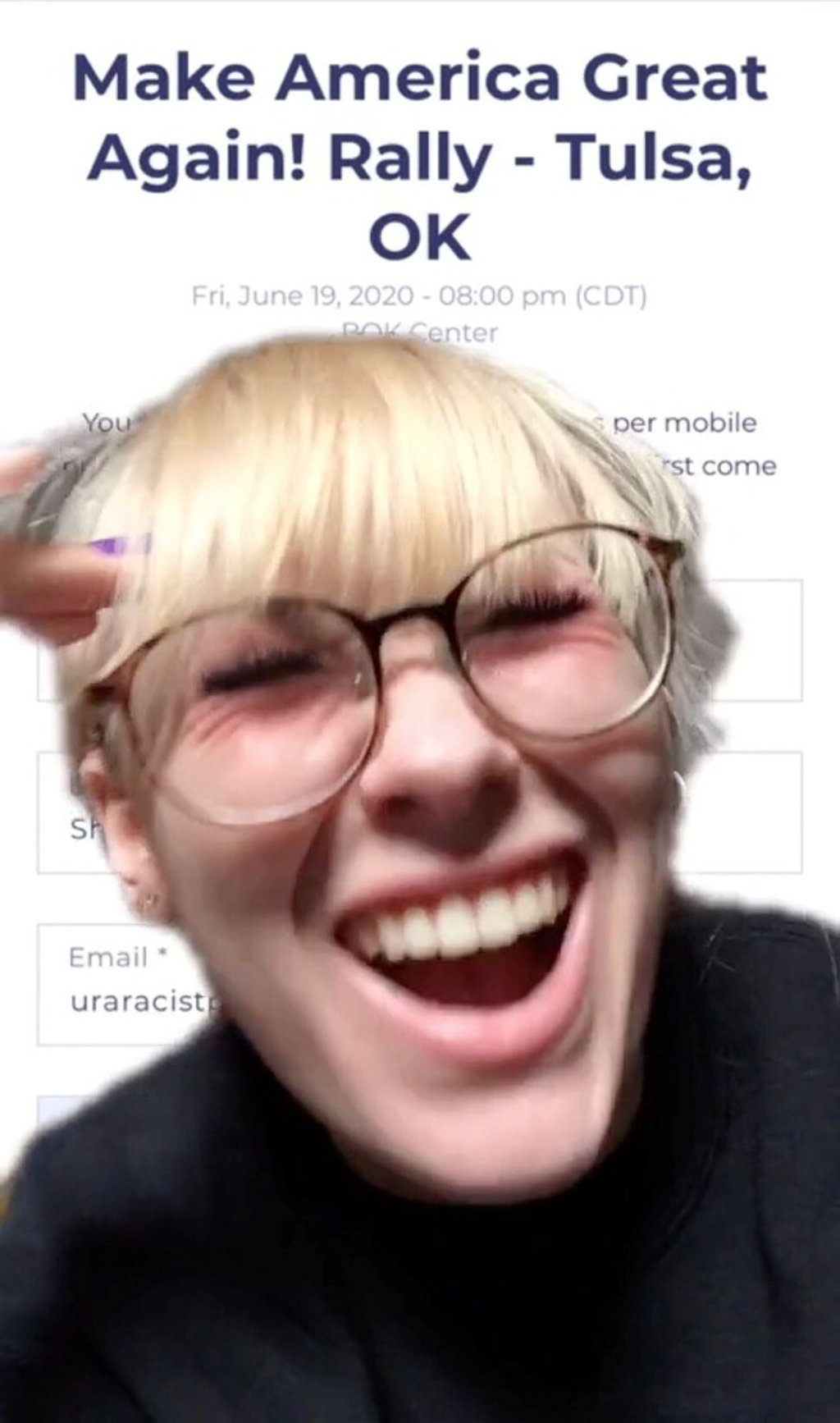Explainer | Why TikTok became the fastest growing social media app, and how fashion and beauty brands have embraced its Gen Z vibe
- Known for its funny videos, lip-synched songs and dance videos, TikTok has grown its reach during the Covid-19 pandemic
- TikTok stars with their millions of fans have been courted by fashion labels and become A-list influencers

TikTok, home to those often humorous dance videos and viral hashtag “challenges,” is run by Beijing-based ByteDance, a private tech company that, as of May, was valued at an estimated US$100 billion. This makes ByteDance the world’s most valuable start-up, and its teen-friendly app worthy of attention, even as concerns from US lawmakers over security and censorship have made it the subject of controversy.
The recent appointment of former Disney streaming chief Kevin Mayer as TikTok’s new CEO may help temper such fears.
Initially a space where mostly teens flocked to perform lip syncing videos and dance routines, TikTok’s reach has expanded significantly in recent months, both in terms of content and audience as more people were locked down in their homes.

“During the pandemic you see actually that TikTok got more acceptance throughout different generations,” Fabian Ouwehand, founder of short-video marketing agency Uplab, told the Post. He noted that it primarily attracted teens, but now the age group ranges to millennials and even their parents – sometimes unsuspecting accomplices in quirky choreography.
